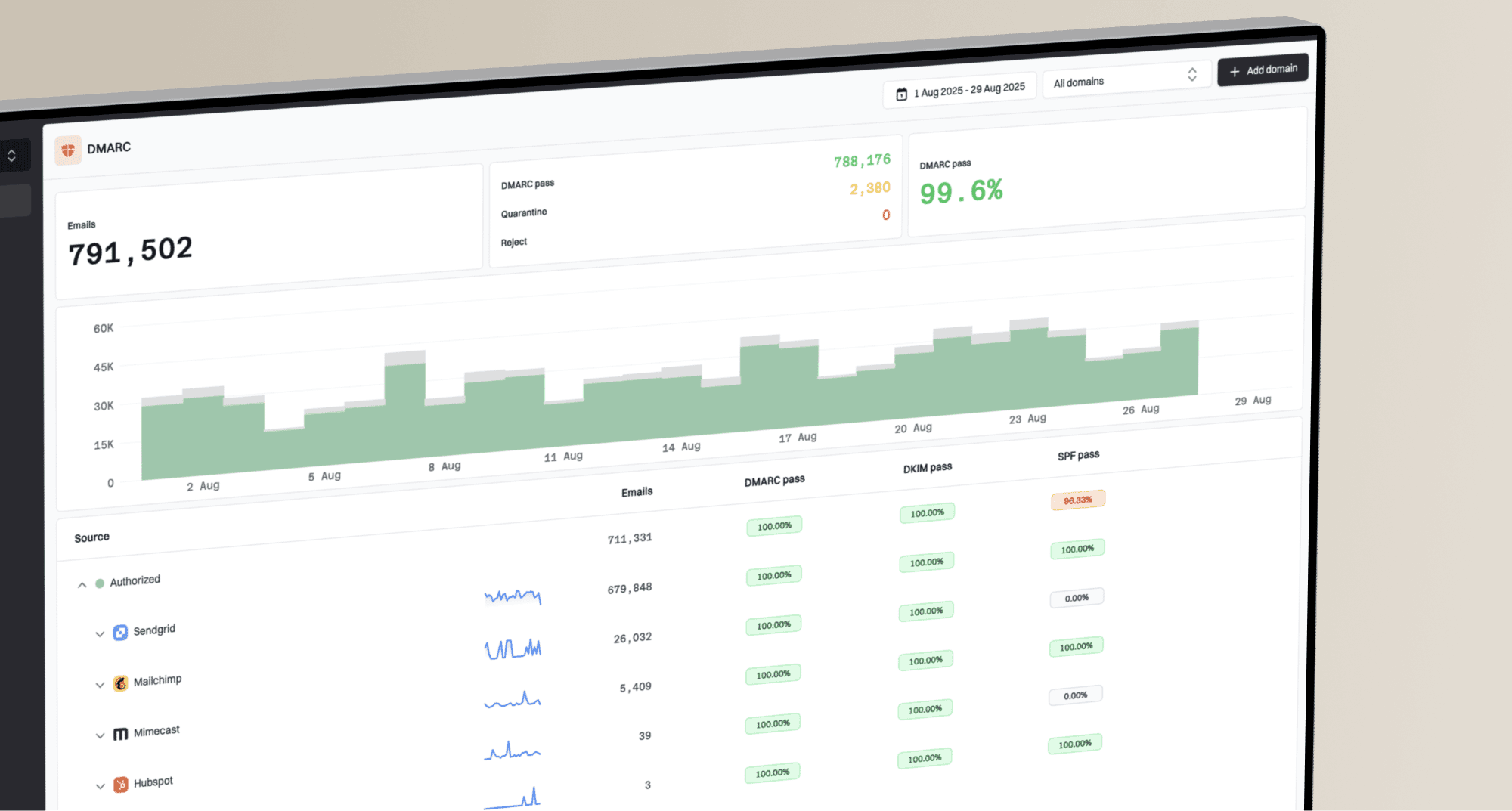Are Bitly links bad for email deliverability?

Michael Ko
Co-founder & CEO, Suped
Published 12 Jul 2025
Updated 5 Nov 2025
7 min read

 Gmail, but this approach is often counterproductive. Email Service Providers (ESPs) frequently wrap any link (including shortened ones) in their own tracking links, which can actually make the final URL longer. This negates any benefit of shortening and can introduce additional tracking domains that might also carry their own deliverability considerations. It's important to understand how links affect email deliverability with ESP click tracking.
Gmail, but this approach is often counterproductive. Email Service Providers (ESPs) frequently wrap any link (including shortened ones) in their own tracking links, which can actually make the final URL longer. This negates any benefit of shortening and can introduce additional tracking domains that might also carry their own deliverability considerations. It's important to understand how links affect email deliverability with ESP click tracking.NAME: go.yourdomain.com TYPE: CNAME VALUE: cname.bitly.com
